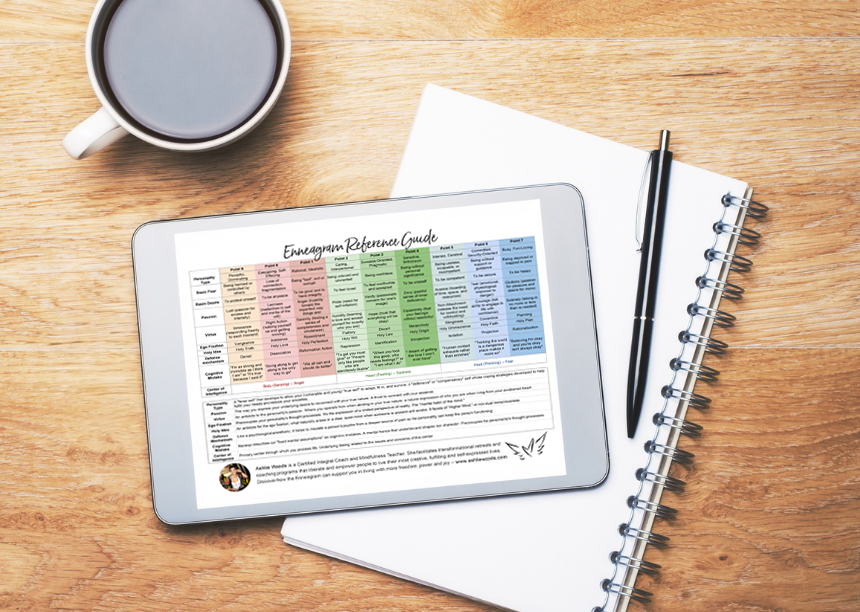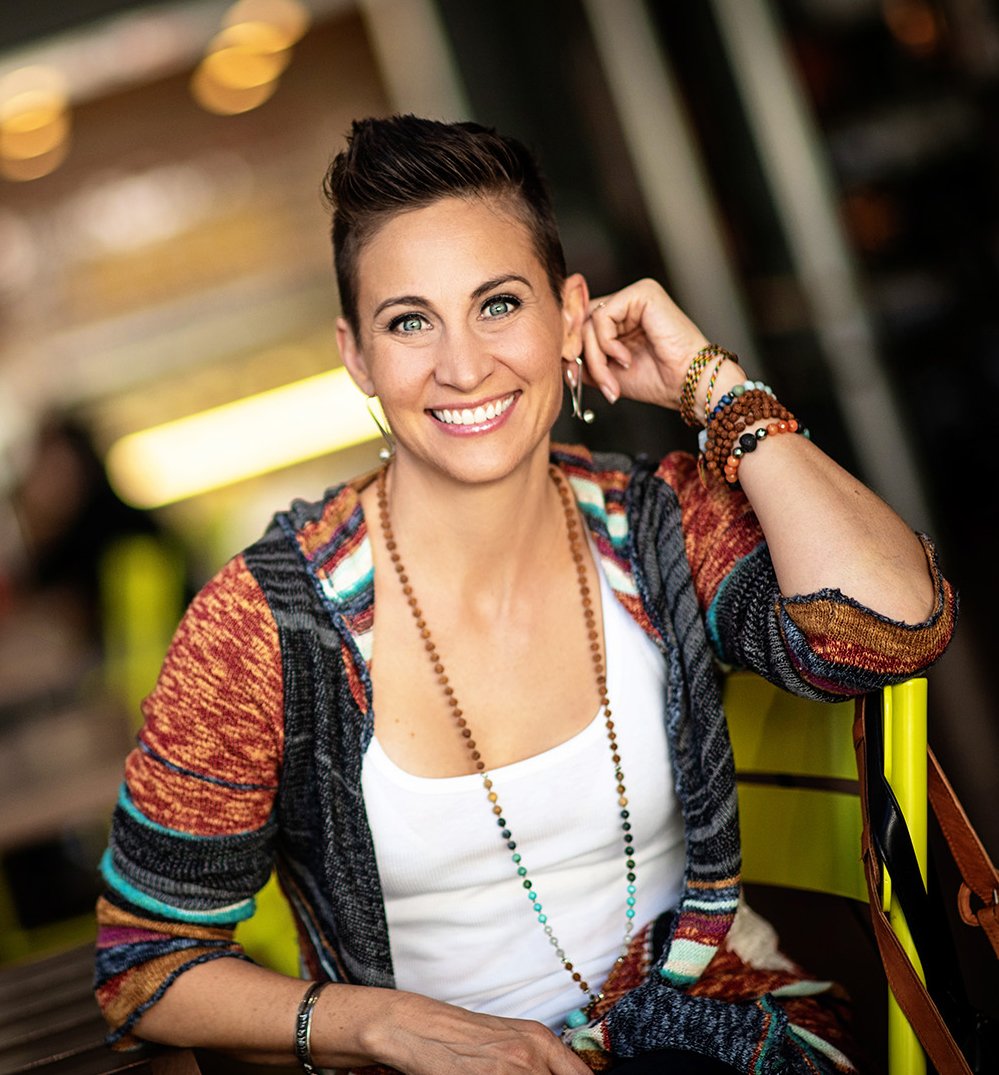Social One — “Non-Adaptability / Rigidity”
The Social One is less of a perfectionist and focuses more on being the perfect example for others of the right way to be. This One is not an internally anxious person striving to be perfectionistic, but rather a paragon of correct conduct. Social Ones have a need to represent the perfect model of the way to be or do things through their actions- to teach others by example. Ichazo labeled this type "Non-adaptability" and Naranjo calls this subtype "Rigidity," describing the Social One as having a kind of "school teacher" mentality. Non-adaptability or rigidity refers to the tendency of this character to rigidly adhere to particular ways of being and doing things, as a way of expressing exclusive ownership of the "right" way to be, think and behave.
In this Social One subtype, anger is half-hidden. Where the heat of anger changes into warmth in the Self-Preservation One, in this personality there is a transformation of the heat of anger into cold. This character tends to be a cooler, more intellectual type, in which the main characteristic is control. However, the anger of the Social One is not completely repressed, because there is an equivalent of anger in their passion for being the owner of the truth. In this subtype, anger gets channeled into an overconfidence about being right or "perfect."
This quick reference guide captures the various aspects of each Enneagram Type including attributes, basic fears, desires, passions, virtues, fixations, defense mechanisms, and more!
The Social One has a (usually unconscious) need to feel superior or to appear superior (because a conscious desire to be superior would constitute bad behavior). It is as if they are implicitly saying, "I'm right and you're wrong." They have an underlying need to make others wrong to have some power over them. If I'm right and you're wrong, then I have more right than you to control the situation. Like my Social One father always use to say: "I've never been wrong, except once, when I thought I was wrong, but I was mistaken."
Social Ones learn to repress emotions from a very early age; they were usually good kids who did not cause problems. They may have been young adults who acted "older" than they really were, who often forgot that they were children.
A person of this subtype may purposely not adjust to changing times or customs. A Social One tends to persist in a particular way of doing things that she thinks is right, despite others having evolved into doing it a different way. This One displays the general attitude, "This is how it is and I'm going to tell you how it should be."
Not surprisingly, Social Ones automatically take on the role of teacher. Social Ones have the sense that demonstrating and modeling what they are teaching is equally or more valuable than what they say. It's the idea that a good model goes a long way toward making the point be taught. They may also be unaware of the need to appear superior, but may receive feedback from others that they are acting like a "know-it-all."
This is the Type One who resembles Type Five in that this character can be more introverted and may seem a bit "above it all" and emotionally detached. They separate themselves from the crowd because they are perfect and therefore superior. They never feel completely comfortable in the groups they frequent; they tend to feel alienated. But while Fives focus primarily on conserving energy and resources, Ones focus more on making things perfect and their anger is closer to the surface.
In relationships, Social Ones can have high expectations. They tend to have more confidence in themselves than in others. They can seem remote at times, being self-sufficient to the point of not seeming to need others. It can also prove difficult for partners and friends to convince Social Ones that a perspective other than their own can be correct. They are great reasoners and will argue their point energetically. They dominate through making the other person wrong, and it can be hard to convince them of the validity of a competing point of view.
Francis, a Social One, speaks:
In my daily life, I tend to put a lot of energy into getting things right, and then get annoyed when others don't. For example, one thing I hate is when people park over the line of a parking space, because now the space beside it is too small for me to park my car. I, therefore, make a point of always parking right between the lines when I park my car (sometimes to my wife's utter exasperation: "I can't get out on my side!"), because that's the right way to behave and that's the way I would like everyone else to behave. So it's not so much being picky as it is about setting an example for everyone else.
In my profession as an orchestra conductor, my attention to detail in preparing for a rehearsal gives me great confidence when it's time to step in front of the orchestra at a performance. It's like when you know you've prepared well for a test. I know the music well, I've gone over every part, and I'm confident that I can set a good example to inspire the players to make good music.
Specific Work For The Social One on the Path from Vice to Virtue
Social Ones can travel the path from the Vice of anger to the Virtue of serenity by reminding themselves that there is no ultimately right or perfect way in the world of the conditioned personality. Social Ones can relax into serenity through learning that true power comes from not doing it right or being superior in your knowledge, but from the impulse beneath the fact that you want so much to find the best way and share it with others. Your sincere desire to find the best ways to do things and show others these paths to goodness and improvement is clear proof that you are lovable as you are, and that you don't need to prove your worth through what you can teach us. Remembering that there are many right or good ways to the truth helps you embody the humility and relaxation in the things you do that is the heart of serenity for you.
Sourced with permission from The Complete Enneagram by Beatrice Chestnut.
Type 1 Type 2 Type 3 Type 4 Type 5 Type 6 Type 7 Type 8 Type 9
Ashlie Woods
Director of Business Division & Lead Coach at Sourced
Ashlie is a transformational coach, retreat leader, dance lover and Enneagram enthusiast. She is passionate about facilitating experiences that liberate and empower people to live their fullest, more creative and self-expressed lives. She believes there is a life that wants to be lived through you and a purpose only you can fulfill.
She spent 6 years designing and delivering corporate training programs focused on leadership development and company culture before making the bold leap to start her own retreat-based business.
Ashlie now supports heart-centered business owners (coaches, consultants, creatives, healers) to market, sell and deliver their transformational work in the world using their unique magical gifts.




